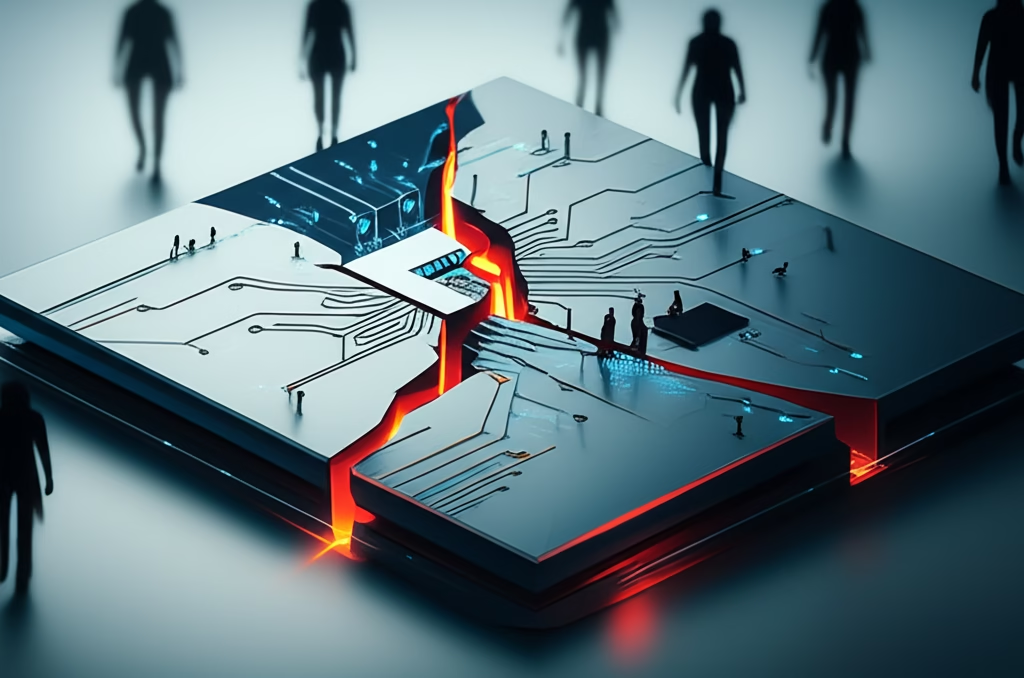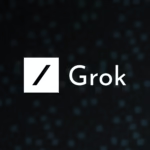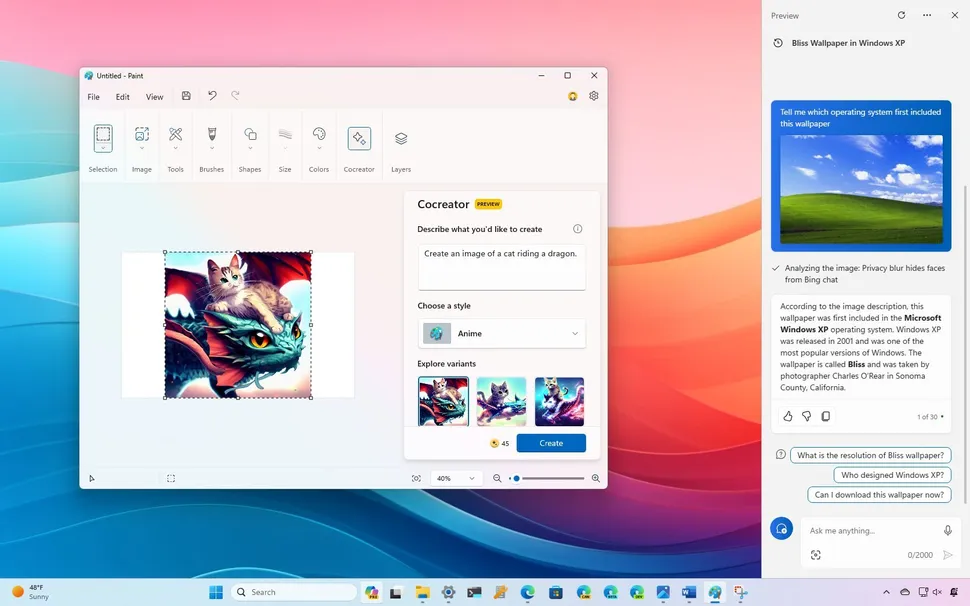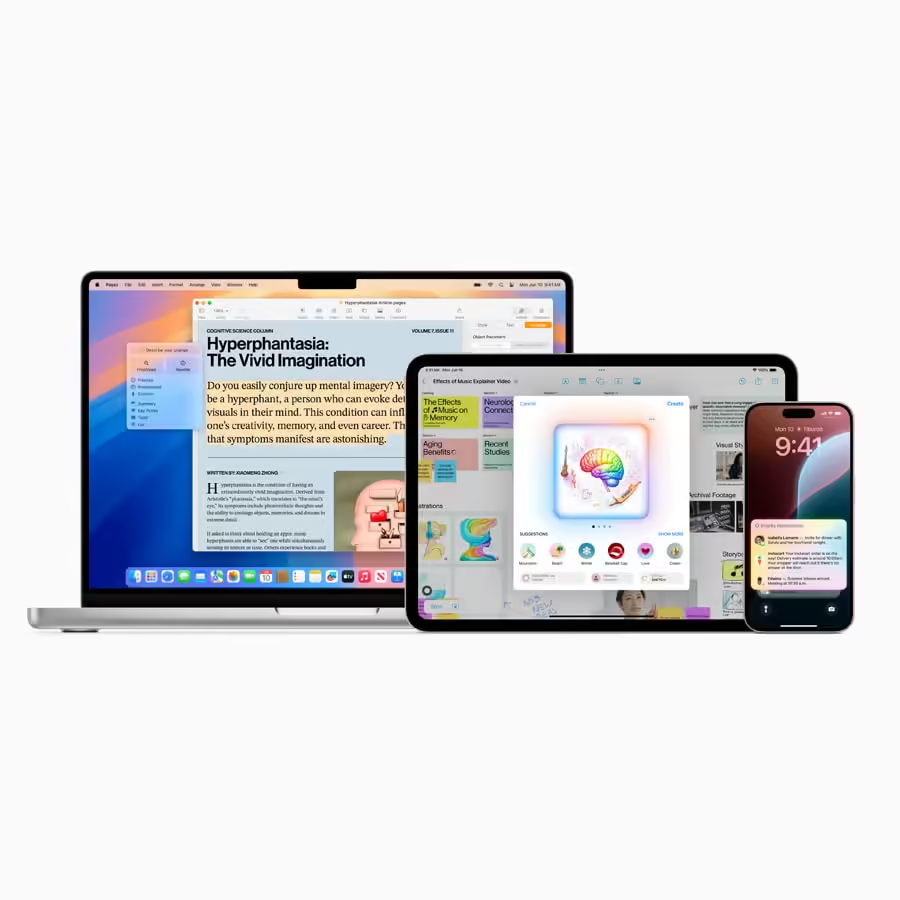Apple AI Executive Leaves for Meta: Unpacking Ruoming Pang’s Move to Meta’s Superintelligence Team and Its Industry Impact
Estimated reading time: 7 minutes
Key Takeaways
- The departure of Apple AI executive Ruoming Pang to Meta marks a significant shift in the AI talent landscape.
- Pang, formerly head of Apple’s foundation models, will join Meta’s ambitious Superintelligence Labs division.
- This move is a considerable setback for Apple’s in-house AI development, intensifying internal discussions about strategy.
- It underscores Meta’s aggressive AI talent acquisition strategy, aimed at securing top minds for its AGI and superintelligence goals.
- The high-profile switch highlights the escalating AI talent war, reshaping industry leadership and innovation.
Table of contents
- Apple AI Executive Leaves for Meta: Unpacking Ruoming Pang’s Move to Meta’s Superintelligence Team and Its Industry Impact
- Key Takeaways
- I. Introduction: A Seismic Shift in the AI Landscape
- II. The Departure: Who is Ruoming Pang and Where is He Going?
- III. Analyzing the Impact on Apple’s AI Trajectory
- IV. Meta’s Strategic Play: An Aggressive Talent Acquisition
- V. The Broader Context: The Intensifying AI Talent War
- VI. Conclusion: What Lies Ahead for Apple and Meta in AI
- Frequently Asked Questions
I. Introduction: A Seismic Shift in the AI Landscape
In a move that has sent ripples across the tech world, Ruoming Pang, a pivotal figure within Apple’s artificial intelligence division, has departed Apple for Meta. This isn’t just another personnel change; it marks a significant development that is already reshaping the intensely competitive landscape of artificial intelligence. Pang, who led Apple’s foundational AI models, is now set to join Meta’s burgeoning superintelligence team, a clear indicator of the escalating “AI arms race” among the tech titans.

This high-profile departure vividly underscores the critical role of elite engineering talent in this aggressive competition. As companies pour billions into developing cutting-edge AI, the ability to attract and retain the brightest minds becomes a decisive factor. The news has left many pondering: What truly is the impact of a top AI executive leaving Apple? And how does this move reflect Meta’s aggressive AI talent acquisition strategy? Furthermore, what implications does this hold for the future AI trajectories of both Apple and Meta?
Ruoming Pang’s exit, confirmed by multiple sources including Business Today and Ainvest, signifies more than just a career transition; it’s a strategic realignment in the ongoing battle for AI supremacy. As companies like Google, Microsoft, OpenAI, and now increasingly Meta, push the boundaries of what AI can achieve, the human capital behind these innovations becomes paramount. This event serves as a stark reminder that in the world of advanced technology, talent is the ultimate currency. We will delve into these questions, dissecting the nuances of Pang’s move and its potential long-term effects on the global AI stage.
II. The Departure: Who is Ruoming Pang and Where is He Going?
To fully grasp the magnitude of this departure, it’s essential to understand Ruoming Pang’s significant contributions at Apple. He served as the head of Apple’s foundation models team, a critical division responsible for developing the large language models (LLMs) that underpin the company’s ambitious new “Apple Intelligence” features. His team, comprising approximately 100 engineers, was at the forefront of Apple’s efforts to integrate advanced AI capabilities into its ecosystem, from generative text to enhanced Siri functionalities.
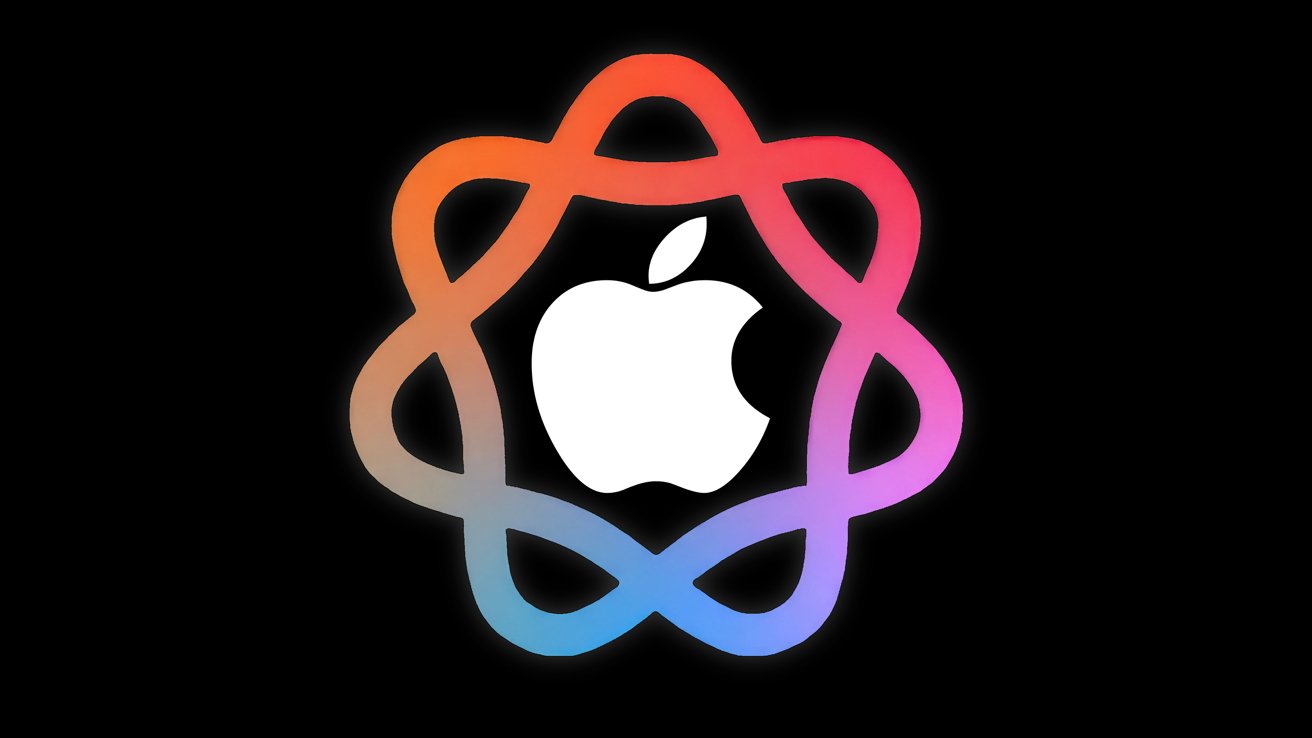
Now, Pang embarks on a new chapter, as Ruoming Pang joins Meta’s superintelligence team, taking on a pivotal role within Meta’s newly established Superintelligence Labs division. This unit is not just another research arm; it is positioned at the very forefront of Meta’s monumental push into next-generation AI. With ambitious goals to develop Artificial General Intelligence (AGI) and eventually superintelligence capabilities, Meta is investing heavily to lead the charge in AI innovation. The Superintelligence Labs, headed by former Scale AI CEO Alexandr Wang, signifies Meta’s deep commitment to transcending current AI limitations and exploring uncharted territories of machine cognition.

The financial incentives behind such a high-profile move are often substantial, and Pang’s case is no exception. Reports indicate that he accepted a highly lucrative package worth tens of millions of dollars annually. This staggering figure is not merely a testament to Pang’s expertise but also a clear signal of Meta’s aggressive determination to consolidate top-tier AI talent within its ranks. It highlights the immense value placed on individuals capable of driving foundational AI research and development, particularly in a field where every breakthrough can translate into a significant competitive advantage. This strategic investment in human capital underscores the high stakes of the ongoing AI arms race.
III. Analyzing the Impact on Apple’s AI Trajectory
For Apple, Pang’s exit is unequivocally a significant setback for its in-house AI ambitions. As the leader of the foundation models team, Pang was instrumental in shaping the core AI features that Apple has recently begun to showcase. His team was central to the development of innovations such as Genmoji (generative emoji), advanced Priority Notifications, and crucial on-device text summarization capabilities. Furthermore, his departure casts a shadow over Apple’s ongoing and much-anticipated efforts to build a truly next-generation Siri experience, a project that has reportedly faced numerous challenges.

The timing of this departure is particularly sensitive. Apple has only very recently started to openly discuss its comprehensive AI roadmap, a strategy shift after years of relative silence compared to its rivals. The company now faces immense pressure to match—or ideally surpass—the rapid advancements made by competitors such as Google, Samsung, OpenAI, and a myriad of other innovative players in the AI space. Losing a talent of Pang’s caliber at such a critical juncture can disrupt carefully planned product roadmaps and delay crucial progress.
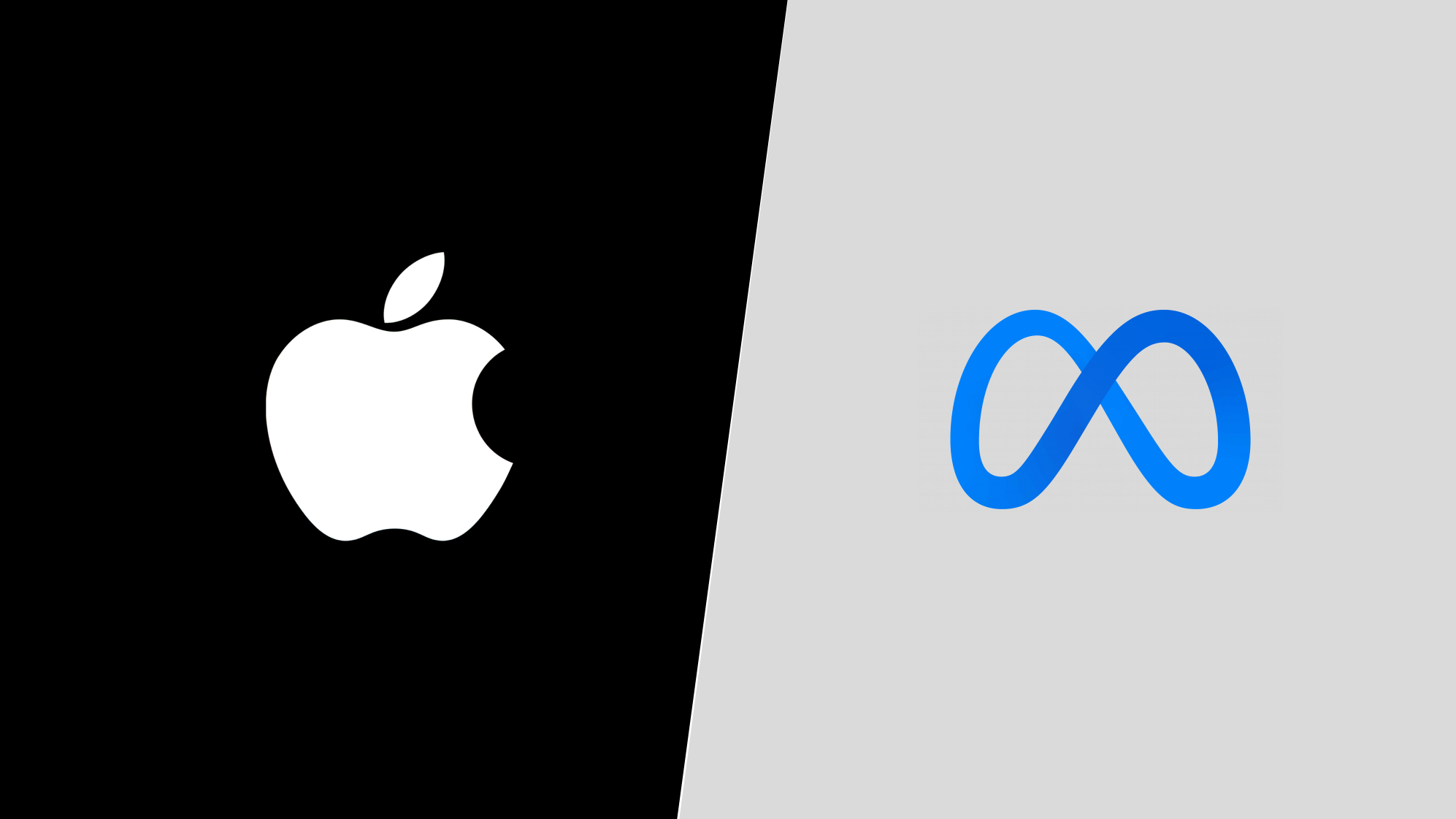
Adding to Apple’s challenges, various reports suggest existing internal debate and morale issues within Apple’s AI division, painting a picture of an Apple’s struggling AI efforts analysis. These internal frictions are partly fueled by ongoing discussions about whether Apple should continue investing heavily in developing proprietary AI models from the ground up, or if it should increasingly rely on partnerships and third-party solutions, such as those offered by OpenAI or Anthropic. Pang’s departure may now tragically intensify this uncertainty and internal friction, potentially leading to further talent drains or strategic indecision. The impact of a top AI executive leaving Apple extends far beyond a single individual; it reverberates through teams, strategies, and ultimately, the company’s competitive standing in the fast-evolving AI landscape.
IV. Meta’s Strategic Play: An Aggressive Talent Acquisition
Meta’s recruitment of Ruoming Pang is not an isolated incident; it is emblematic of an aggressive, well-funded drive to secure the brightest minds in AI. Under Mark Zuckerberg’s direct leadership, Meta has undergone a profound strategic reorganization, reorienting its entire AI workflow around the ambitious goal of superintelligence. This commitment is backed by unprecedented investment, with tens of billions of dollars being poured into establishing a robust infrastructure and, crucially, into an exhaustive recruitment drive for top-tier talent.

Pang’s hiring is just the latest in a wave of high-profile acquisitions that have significantly bolstered Meta’s AI capabilities. This impressive roster includes other significant figures in the AI space, such as Alexandr Wang, the former CEO of Scale AI, who now leads Meta’s Superintelligence Labs. Other notable additions include Daniel Gross, Nat Friedman, Yuanzhi Li (formerly of OpenAI), and Anton Bakhtin (ex-Anthropic). These strategic recruitments demonstrate Meta’s unwavering commitment to assembling an unparalleled team capable of pushing the boundaries of AI research and development.
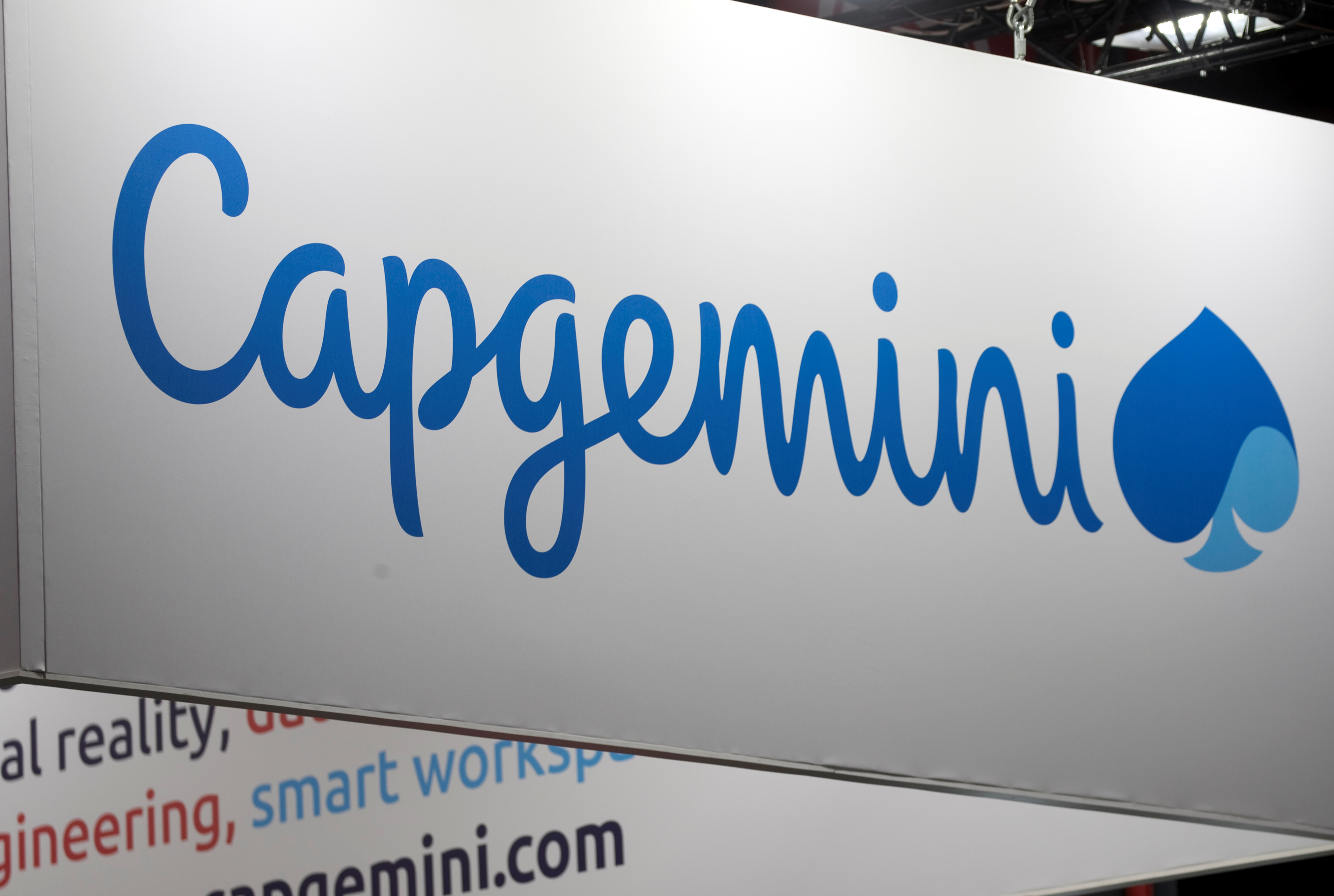
The overarching AI ambitions at Meta are vast and audacious. These high-profile talent acquisitions are intended to position Meta as a dominant player in developing AI systems that can not only match but ultimately surpass human cognition. The focus on Artificial General Intelligence (AGI) and superintelligence indicates a long-term vision to create truly transformative AI technologies. In this context, the fact that Ruoming Pang joins Meta’s superintelligence team reinforces Meta’s strategic intent: to consolidate the very best minds to accelerate breakthroughs and secure its position at the vanguard of the AI revolution. This aggressive talent strategy is a cornerstone of Meta’s plan to lead the next era of technological innovation.
V. The Broader Context: The Intensifying AI Talent War
Ruoming Pang’s departure from Apple, and his subsequent move to Meta, must be viewed as part of a much larger and more intense industry trend: the race for top AI talent has become a defining feature of the current technology landscape. In an era where AI is rapidly changing the world, the demand for leading AI researchers, engineers, and strategists far outstrips supply, leading to a fiercely competitive hiring environment.
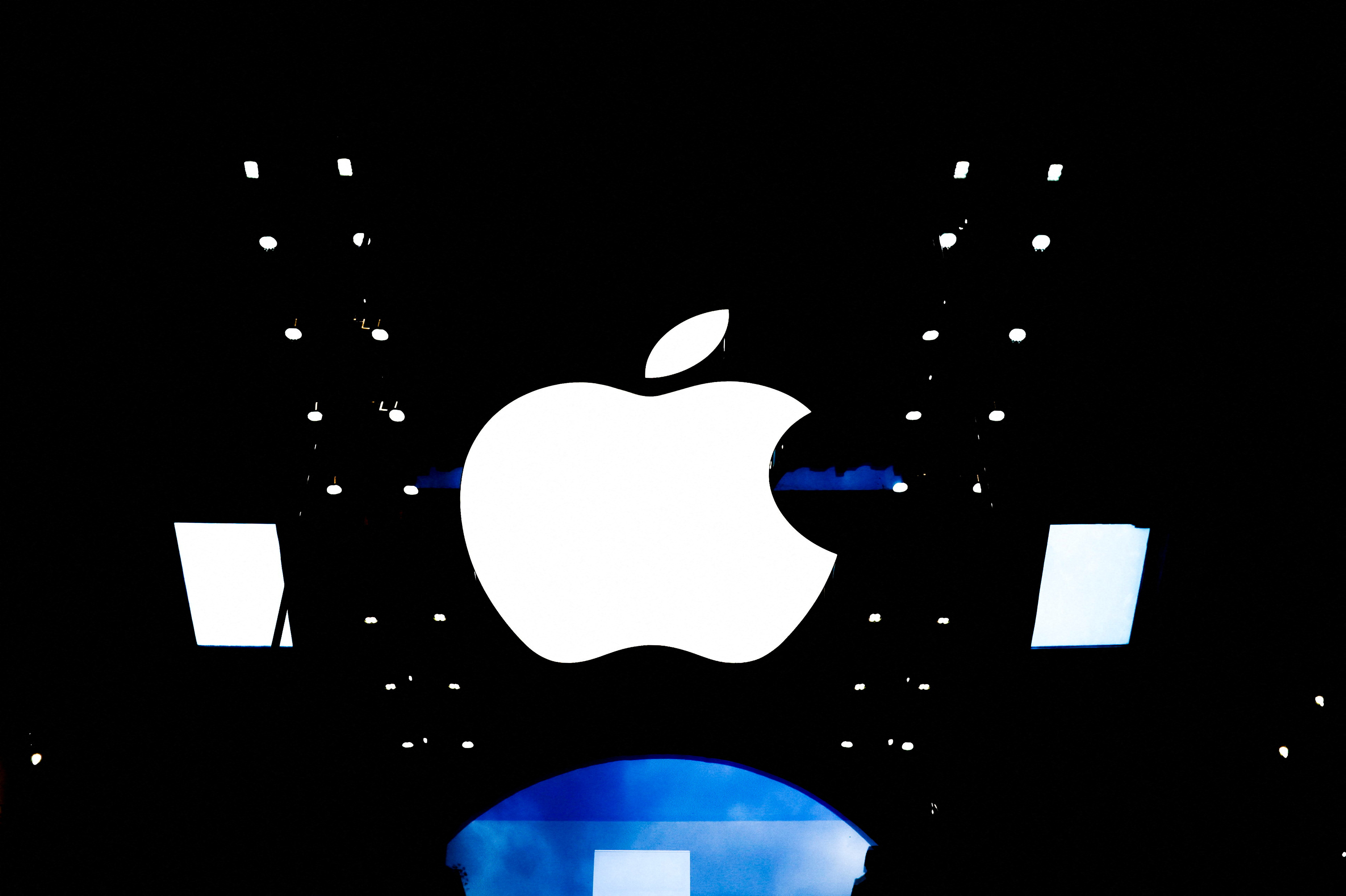
The dynamics of this talent war are characterized by unprecedented salaries, lavish perks, and the promise of working on groundbreaking projects. Companies like Meta, OpenAI, Google, and Microsoft are locked in a relentless battle to recruit and retain star engineers. This intense competition results in the rapid movement of expertise across organizations, frequently reshaping teams and strategic directions literally overnight. The fluidity of talent means that a company’s competitive edge can shift dramatically based on who they hire—or lose.

The wider implications of such high-profile shifts are profound. For companies like Apple, the impact of a top AI executive leaving Apple can extend far beyond the immediate loss of expertise. It can disrupt crucial product roadmaps, challenge corporate morale, and, in some cases, even force a re-evaluation of long-term strategic objectives. Conversely, for a company like Meta, such a high-profile acquisition is a clear validation of its aggressive AI talent acquisition strategy. These moves significantly influence the pecking order in the global AI research community, signaling who is leading the charge in innovation and who might be struggling to keep pace. The talent war is, in essence, a reflection of the industry’s rapidly accelerating pace of innovation.
VI. Conclusion: What Lies Ahead for Apple and Meta in AI
Ruoming Pang’s high-profile move, where a key Apple AI executive leaves for Meta and Ruoming Pang joins Meta’s superintelligence team, is likely to further intensify the already fiercely competitive dynamics in the AI industry. This single event encapsulates many of the broader trends currently reshaping the technological landscape, from the desperate search for talent to the monumental investments in advanced AI research.
For Apple, this departure raises pressing questions about the future of its proprietary AI development. The impact of a top AI executive leaving Apple, especially one leading foundational models, creates significant challenges. It will test Apple’s ability to keep pace with its rivals, particularly in light of talent losses and the reported internal uncertainty that has plagued its AI division. This situation undoubtedly contributes to an Apple’s struggling AI efforts analysis, highlighting the hurdles it must overcome to solidify its position in the AI era.
Conversely, for Meta, Pang’s arrival significantly strengthens an already formidable roster of AI talent. This acquisition fortifies Meta’s aggressive ambitions in superintelligence and has the potential to accelerate breakthroughs in its AGI initiatives. It serves as a powerful testament to Meta’s aggressive AI talent acquisition strategy, demonstrating its willingness to invest whatever it takes to secure its place at the forefront of AI innovation.
The industry as a whole is set for continued turbulence. Bold talent moves like this one, driven by unparalleled investment and strategic vision, will continue to redefine the boundaries of innovation and leadership in artificial intelligence. The chess match for AI supremacy continues, with every high-profile move shifting the balance of power.
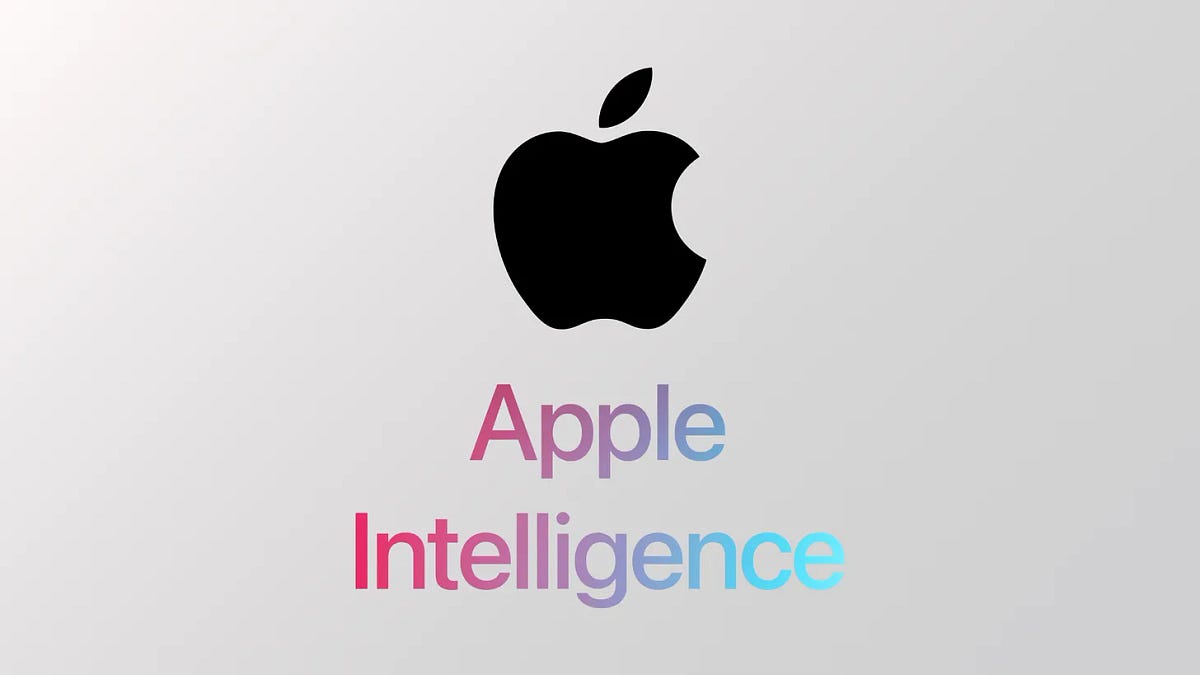
Frequently Asked Questions
-
-
Who is Ruoming Pang and what was his role at Apple?
Ruoming Pang was the executive who led Apple’s foundational AI models team, overseeing approximately 100 engineers. This team was responsible for the large language models (LLMs) that power Apple’s new “Apple Intelligence” features, including capabilities like Genmoji, Priority Notifications, and on-device text summarization.
-
-
-
Where is Ruoming Pang going after leaving Apple?
Ruoming Pang has joined Meta’s newly created Superintelligence Labs division. This unit is at the forefront of Meta’s push into next-generation AI, with ambitious goals to develop Artificial General Intelligence (AGI) and superintelligence capabilities. He reportedly accepted a multi-million dollar package.
-
-
-
What is the impact of his departure on Apple’s AI efforts?
Pang’s exit is considered a significant setback for Apple’s in-house AI ambitions. It creates a void in leadership for key AI features and could intensify existing internal debates and morale issues within Apple’s AI division regarding whether to develop proprietary models or rely on third-party solutions.
-
-
-
How does this move reflect Meta’s AI strategy?
This move highlights Meta’s aggressive AI talent acquisition strategy. Under Mark Zuckerberg, Meta has reorganized its AI workflow around superintelligence, pouring tens of billions into infrastructure and recruitment. Pang’s hiring is part of a larger trend of high-profile acquisitions aimed at positioning Meta as a dominant player in developing advanced AI systems.
-
-
Is this a common occurrence in the AI industry?
Yes, the race for top AI talent has become a defining feature of the current technology landscape. Companies are fiercely competing to recruit and retain star engineers, leading to rapid movement of expertise. Such high-profile moves can disrupt product roadmaps, challenge corporate morale, and significantly influence the pecking order in the AI research community.


